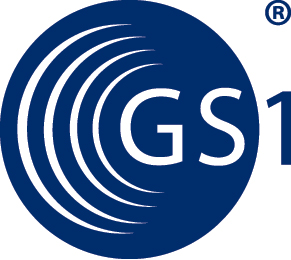|
|
|
|
Function: |
|
To head, identify and specify a group of messages and/or packages, which may be used for internal routing and which may contain one or more message types and/or packages.
Dependency Notes:
1. D2(010,060,070) All or none
Notes:
2. This data element is only used if the following conditions apply:
i) the group contains messages only, and
ii) the messages are of a single message type.
3. S004, if S004 is not present in UNG, the date and time of preparation is the same as indicated for the interchange in S004 in UNB.
4. This data element will be deleted from the UNG segment in the next version of the standard. Therefore its use in UNG is not recommended.
5. The combination of the values carried in data elements S006, S007 and 0048 shall be used to identify uniquely the group within its interchange, for the purpose of acknowledgement. |
|
| |
|
EAN
|
*
|
|
|
|
|
Message group identification |
|
|
C
|
|
|
Identification of a message contained in the functional group, e.g. INVOIC. |
|
|
|
|
APPLICATION SENDER IDENTIFICATION |
|
|
C
|
|
|
|
|
|
Application sender identification |
|
|
M
|
|
|
|
|
|
Identification code qualifier |
|
|
R
|
*
|
|
|
|
|
APPLICATION RECIPIENT IDENTIFICATION |
|
|
C
|
|
|
|
|
|
Application recipient identification |
|
|
M
|
|
|
|
|
|
Identification code qualifier |
|
|
R
|
*
|
|
|
|
|
DATE AND TIME OF PREPARATION |
|
|
C
|
|
|
|
|
|
|
M
|
|
|
|
|
|
|
M
|
|
|
|
|
|
|
M
|
|
|
Unique reference identifying the functional group. Created by the interchange sender. |
|
|
|
|
Controlling agency, coded |
|
|
C
|
*
|
|
|
|
|
|
C
|
|
|
|
|
|
|
M
|
*
|
|
|
|
|
= |
Draft version/UN/EDIFACT Directory |
|
|
|
|
|
M
|
*
|
|
The value of this data element depends on the message type. |
|
|
|
|
= |
Release 2001 - B |
|
|
|
|
Association assigned code |
|
|
R
|
|
|
The value of this data element depends on the message type. |
|
|
|
|
|
D
|
|
|
The use of this data element depends on agreements between the trading partners. |
|
|
Segment Notes: |
|
Within EANCOM® the use of the UNG..UNE segments should not be used for grouping of multiple message types in the same interchange as this is not considered good practice. However, they can be used by organisations to create their own identifiable application level envelopes, which can be addressed from the originating department to a department in the recipient's system, e.g. to group multiple issuers in one transmission file with invoices.
UNG+INVOIC+5412345678908:14+8798765432106:14+20020102:1000+471123+UN+D:01B:EAN010' |
|
